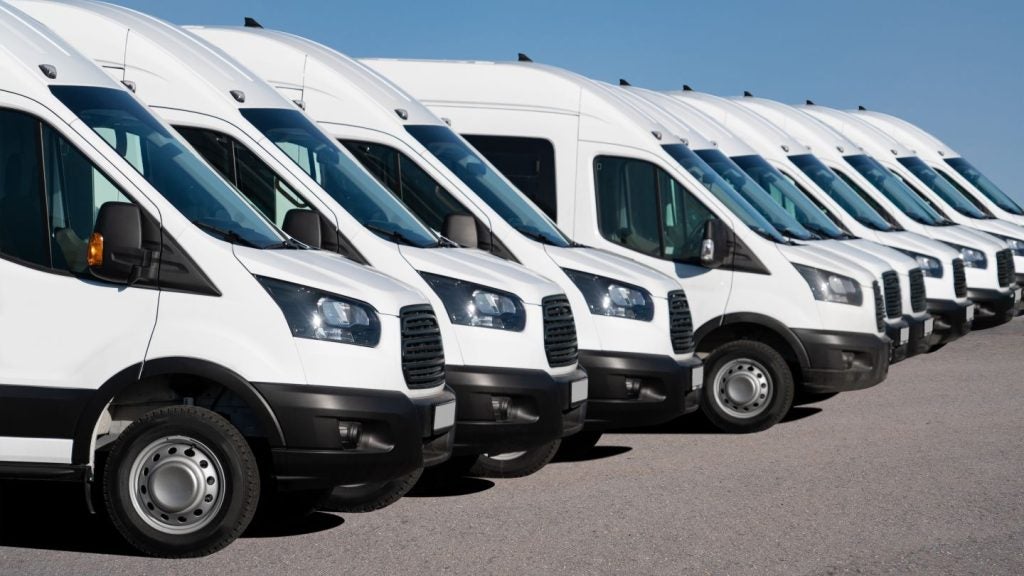
The French government has opposed the proposal to delay EV tariffs between the UK and the EU for three years, a decision that could cost the European automobile sectors billions of euros.
Under the Brexit deal signed by the EU and the UK, electric vehicles (EVs) need to have 45% of EU or British content from 2024, with a 50%-60% requirement for their battery cells and packs, or face British or EU import tariffs of 10%.
Early last week, Renault, BMW, and Mercedes-Benz, among other major car manufacturers, urged EU leaders to postpone the implementation of a 10% tariff on EV exports from Europe.
Renault’s CEO, Luca de Meo, emphasised the need for immediate action, warning that failing to do so would result in the European market slipping into the hands of global competitors, particularly Chinese companies that are gaining a strong foothold.

Most of the EU’s 27 member states, including Germany, have backed the proposal to delay the tariff in order to allow the region’s supply chains to develop further, as reported by Bloomberg.
Despite overall support by EU members and serval months of negotiations with the UK, the EU has not reached a decision and new opposition by the French government will not make this task any easier.
How well do you really know your competitors?
Access the most comprehensive Company Profiles on the market, powered by GlobalData. Save hours of research. Gain competitive edge.

Thank you!
Your download email will arrive shortly
Not ready to buy yet? Download a free sample
We are confident about the unique quality of our Company Profiles. However, we want you to make the most beneficial decision for your business, so we offer a free sample that you can download by submitting the below form
By GlobalDataIn an interview with Spectator magazine, Kemi Badenoch, the UK Business and Trade Secretary, said France’s refusal to postpone the implementation of post-Brexit tariffs on EVs was for “ideological reasons.”
Meanwhile, Bloomberg reported: “France is concerned that allowing a delay would send a political signal that a country can get domestic political gain from leaving the EU’s single market without the costs, according to one French official.”
In opposing the delay, France aims to send a political message about the robustness of the EU as a political union, but at what cost? A document obtained by Bloomberg indicates that the UK is responsible for nearly 25% of EU electric vehicle exports.
Bloomberg Intelligence also claims that this decision could result in a €4.3 billion (£3.7 billion) loss for the sector over the next three years, favouring the advancement of Chinese rivals into European markets.
UK government publishes Zero Emission Vehicle mandate







